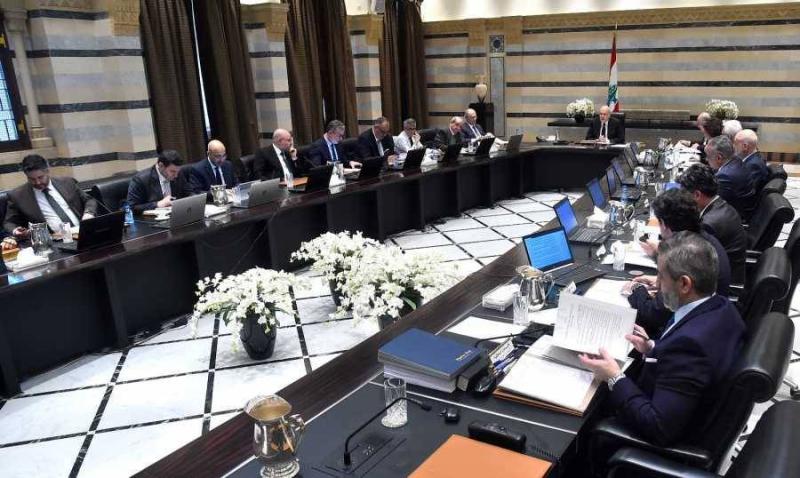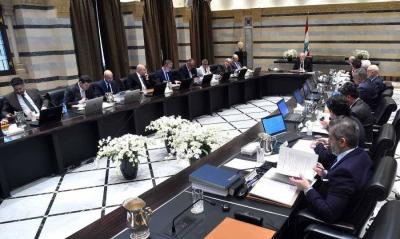The Legislative and Consultative Body at the Ministry of Justice has joined the State Council in resolving the debate regarding the validity of the caretaker government's exercise of presidential powers in light of the presidential vacancy. It relied on the opinion of the scholar Duguit, stating that the Council of Ministers, which has been entrusted with the powers of the President by proxy, can exercise all powers held by the President, except for dissolving the Parliament and sending messages to it. This is a clear legal response to those opposing the actions of the caretaker government, accusing it of seizing presidential powers, knowing that the ministers from this opposing faction participate in the activities of government committees, and sometimes the number of items from their ministries on the Cabinet agenda exceeds those of other ministries.
"Nidaa al-Watan" publishes the body’s consultation regarding joining the Madrid Agreement Protocol on registration, which was requested by the Ministry of Economy. It states: "... Considering that the issue of signing international treaties is raised in the context of the presidential vacancy, and from Article 62 of the Constitution (as amended by Constitutional Law 18 date 1990/9/21), it is indicated that ‘in the event of a vacancy in the presidency for any reason, the powers of the President shall be entrusted to the Council of Ministers on a proxy basis.’ Considering that scholar Duguit addressed the issue of the presidential powers exercised by the Council of Ministers on behalf of the President during this vacancy in light of Article 7 of the French Constitutional Law, dated 25/2/1875 (which is similar in content to the second paragraph of Article 62 of the Lebanese Constitution), and considering that Article 7 of the law dated 25/2/1875 states that in case of the presidential vacancy due to death or for another reason, both chambers of the Parliament shall proceed to elect a new President. The Council of Ministers is entrusted with the powers of the executive authority during this period.
Furthermore, scholar Duguit explained this article indicating that the Council of Ministers, which is entrusted with the powers of the President by proxy, can exercise all the powers of the President except for dissolving the Parliament and sending messages to it. Notably, the above exceptions do not include the power to negotiate and sign international treaties, given that Article 8 of the French Constitutional Law dated 16/8/1875 grants that power to the President. Therefore, based on the aforementioned, the Council of Ministers shall exercise the powers of the President concerning the signing of the current agreement and thus approve its signing, followed by the approval for its conclusion according to the provisions of Article 65 of the Constitution..."




